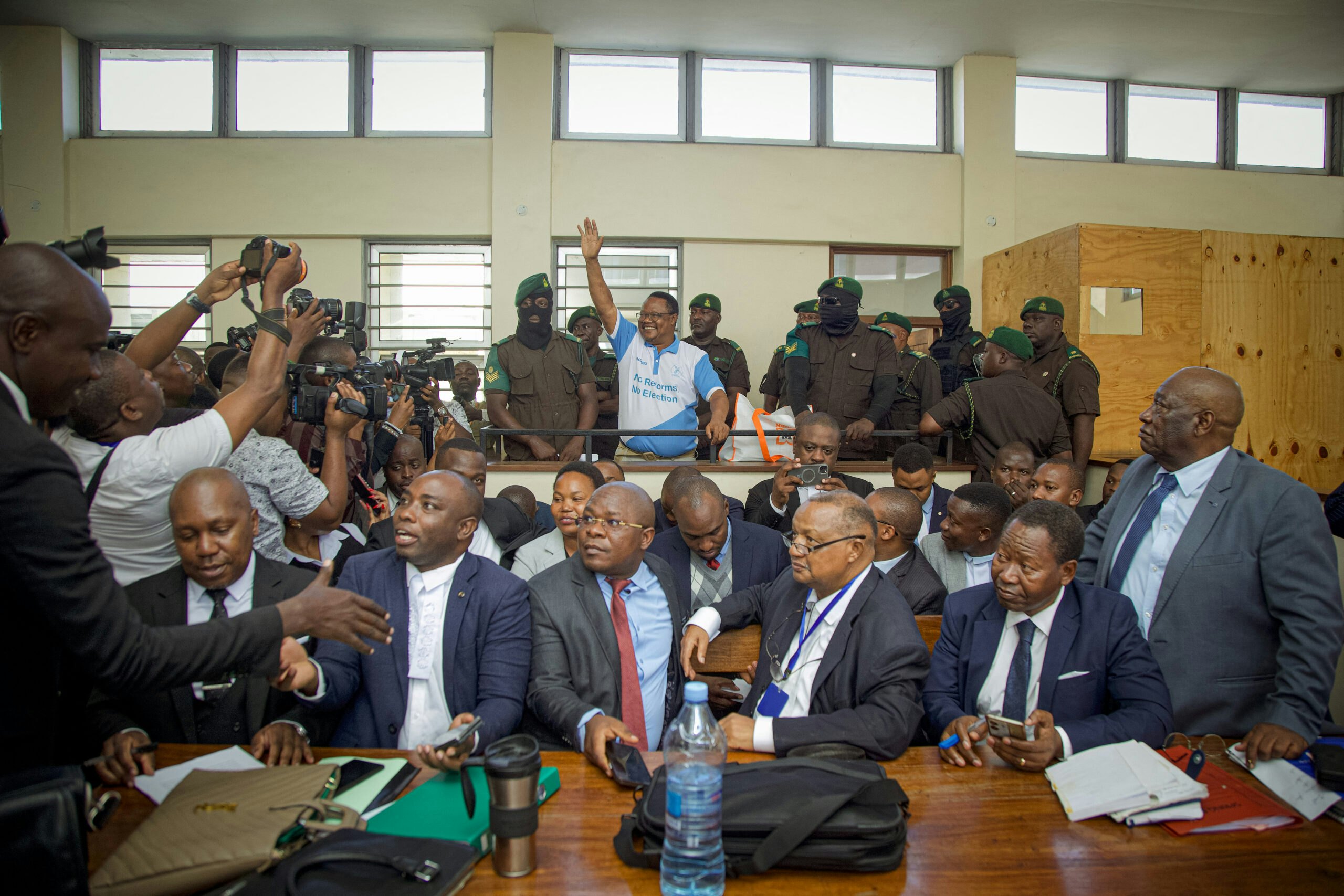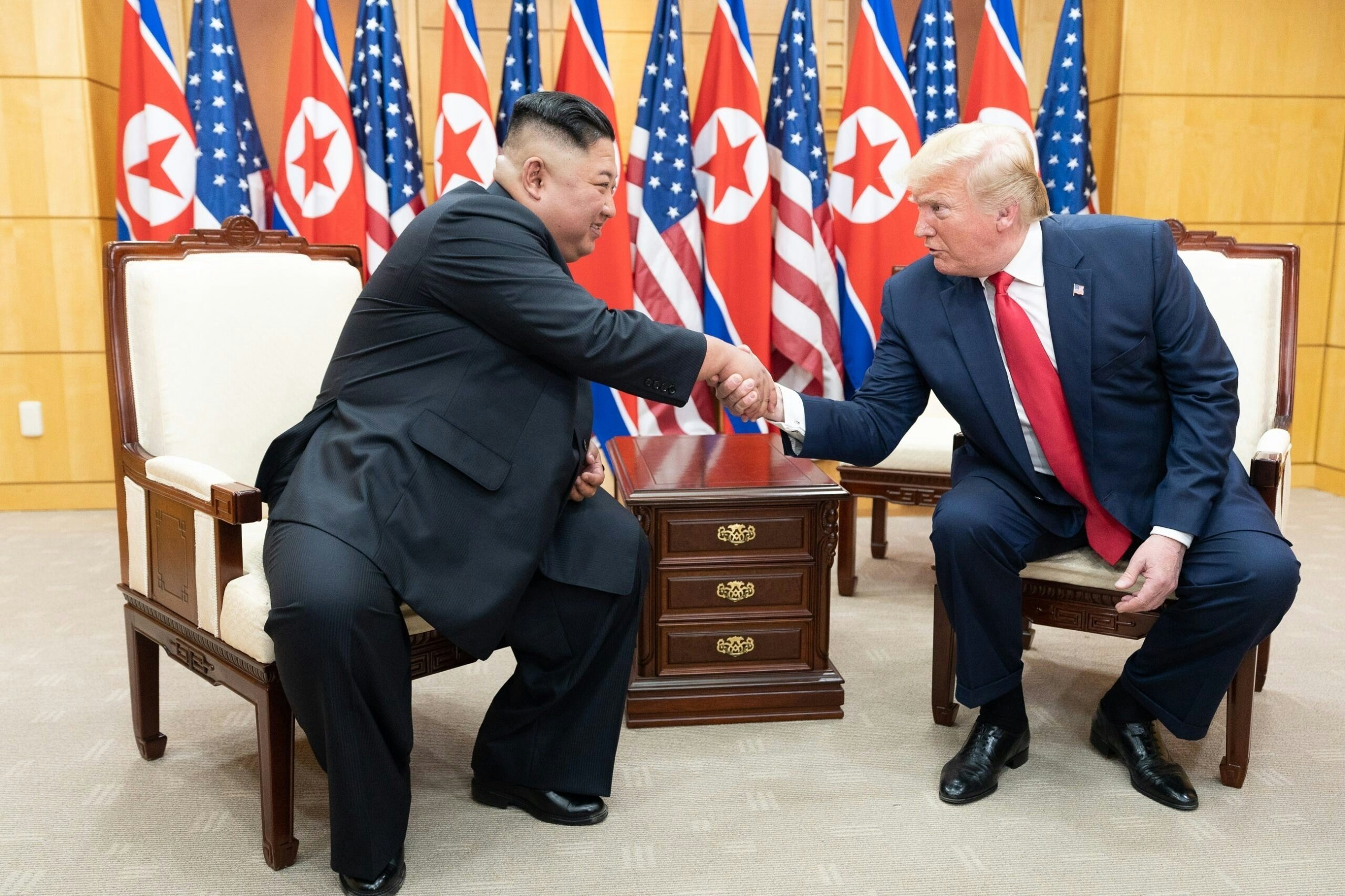Our recommendations:
- The United States should stay engaged in Burma and increase and diversify foreign aid
- The administration and congress should continue to pressure Burma’s military
- Congress and the administration should both pressure and support Burma’s civilian government
- The administration should work with democratic allies in the region
Burma is on the precipice of either a further backslide in democratic principles or the transition to a real democracy for all. U.S. leadership and engagement can help Burma to build a society with strong institutions and citizens that respect liberty and protect the rights of all people.
Since its first historic election in 2015, ending half a century of military rule, Burma’s road to democracy has been difficult and disappointing. Even after forming a civilian government, the country continues to face significant challenges.
Deeply troubling human rights issues and ongoing ethnic conflicts across the country have been major failures of Burma’s democratic transition. Most of the Rohingya community — a largely Muslim ethnic minority — was forced to flee to escape military atrocities and racial segregation. Today, some one million people are overcrowded into the largest refugee camps in the world, in Bangladesh. Although international observers denounced the crisis as a military-led ethnic cleansing and genocide, Aung San Suu Kyi — once a renowned democracy advocate and a Nobel Peace Prize laureate — and her civilian government turned a blind eye to the Rohingyas’ suffering and even denied that the genocide and violence against them had occurred.
Burma’s military remains free of any civilian control or oversight and is still the country’s most powerful institution. The civilian government has failed to use its democratic mandate to hold the military accountable: The military uses constitutionally guaranteed powers to control key ministries (home affairs, border affairs, and defense) and a quarter of the seats in Parliament and can veto any constitutional changes. Constitutional reform to reduce the military’s power in politics continues to be a stumbling block in the country’s transition to democracy.
Despite concerns around Aung San Suu Kyi’s highly bureaucratic and authoritarian leadership, her party – the National League for Democracy (NLD) – won another landslide victory in November 2020, increasing its majority in the Parliament. Aung San Suu Kyi won a second five-year term and will form the next government. While we welcome continued civilian rule, Aung San Suu Kyi and the NLD must show more open and inclusive leadership and restore the trust of the international community.
Burma’s lasting peace and a successful democratic transition are still achievable. But they will require a greater partnership between Burma’s people and the United States. Recognizing advances in freedom and democracy in other countries has long been a pillar of U.S. foreign policy. In that tradition, the United States should act as a strong ally to support the Burmese people at this critical time.
The United States should stay engaged in Burma and increase and diversify foreign aid
The U.S. government should stay engaged in Burma and continue supporting the country’s democratic transition. Ongoing human rights violations against the Rohingya and other ethnic minorities will continue to prevent any visible U.S. support to the country, especially high-level political engagement. As such, the U.S. government should continue to engage Burma in a quiet, yet active, way by supporting civil society organizations, creating business opportunities, empowering the next generation of the country’s leaders, and promoting peace and democracy.
The United States should directly interact with the Burmese people without giving legitimacy or credibility to the regime that is committing and defending human rights abuses. The most concrete way the United States can do this is to increase and diversify foreign aid. Funding shouldn’t go to the regime but to the country’s democracy and developmental projects and humanitarian assistance benefitting the people of Burma. Foreign aid is a strong signal of our government’s commitment to a country. The United States should continue to invest in the Burmese people.
The administration and congress should continue to pressure Burma’s military
The United States should put maximum pressure on Burma’s military, which remains a powerful actor in Burmese politics and the country’s driving force for corruption and human rights abuses. Current travel and financial sanctions on the military should be continued and broadened.
To maximize these efforts, the administration should convince other democracies, particularly in Asia, to join it in holding the military accountable for its crimes against humanity. A comprehensive, bipartisan bill, the Burma Human Rights and Freedom Act, should be re-introduced and widely supported by the new Congress to pressure the military with coordinated sanctions. Congress can also encourage U.S. businesses, including Facebook, to play a vital role. By monitoring military activities and cutting business ties with military holdings, the U.S. private sector can pressure the military and support Burma’s democratic transition as well.
Congress and the administration should both pressure and support Burma’s civilian government
The United States must send a clear message to the civilian government that genocide and democracy cannot coexist. However, such pressure must be distinct from that applied to the military. It must be accompanied by encouragement and support for the country’s developing democratic institutions. Rhetoric tied to action will be important here: The United States and its allies must emphasize to Burma’s civilian government that they are partners in consolidating the country’s young democracy.
For example, the administration could offer to work with the civilian government on developing a roadmap for resolving the Rohingya issue that is tied to international aid packages and investment opportunities. That should start with granting the Rohingya citizenship and the safe and dignified return of Rohingya refugees. Simultaneously, such support could include strategizing with the government on developing a public relations campaign aimed at explaining and building popular support for reforms. A crucial component for success would be rhetoric from the country’s leadership (particularly Aung San Suu Kyi) that frames the Rohingya issue as one of human rights and democratic principles rather than a question of ethnicity and religion.
The administration should work with democratic allies in the region
Working closely with democratic allies in the region such as Japan and South Korea is critical. They are major donors and economic partners to Burma and their investments are increasing. Japan is by far the largest donor, with a five-year aid package of $7.73 billion announced in 2016. South Korean investment in Burma was over $4 billion as of August 2020.
However, Burma’s powerful neighbor, China, also has been increasing its economic and political influence in the country. Burma’s largest trading partner, China is leading major development projects throughout Burma and injecting billions of dollars into the country. China also remains the only country with close connections to both the Burmese military and ethnic armed groups, meaning it plays a critical role in Burma’s internal security and the peace process. Given China’s strong influence, it is important to leverage regional democracies to support Burma’s democratization as Beijing does not respect democratic values. Coordinating with our Asian allies, the United States can better serve as a counterweight to Chinese influence in Burma and help support peace and democracy as well as the development of sustainable democratic institutions that protect the rights of all people and foster long-term stability.
Burma is on the precipice of either a further backslide in democratic principles or the transition to a real democracy for all. U.S. leadership and engagement can help Burma to build a society with strong institutions and citizens that respect liberty and protect the rights of all people. Burma should be a priority in the United States’ broader Southeast Asia strategy and its efforts to revive democracy support around the world. Burma can be a strong global example of democratization and demonstrate how democracy contributes to peace, security, and stability in the region.






























